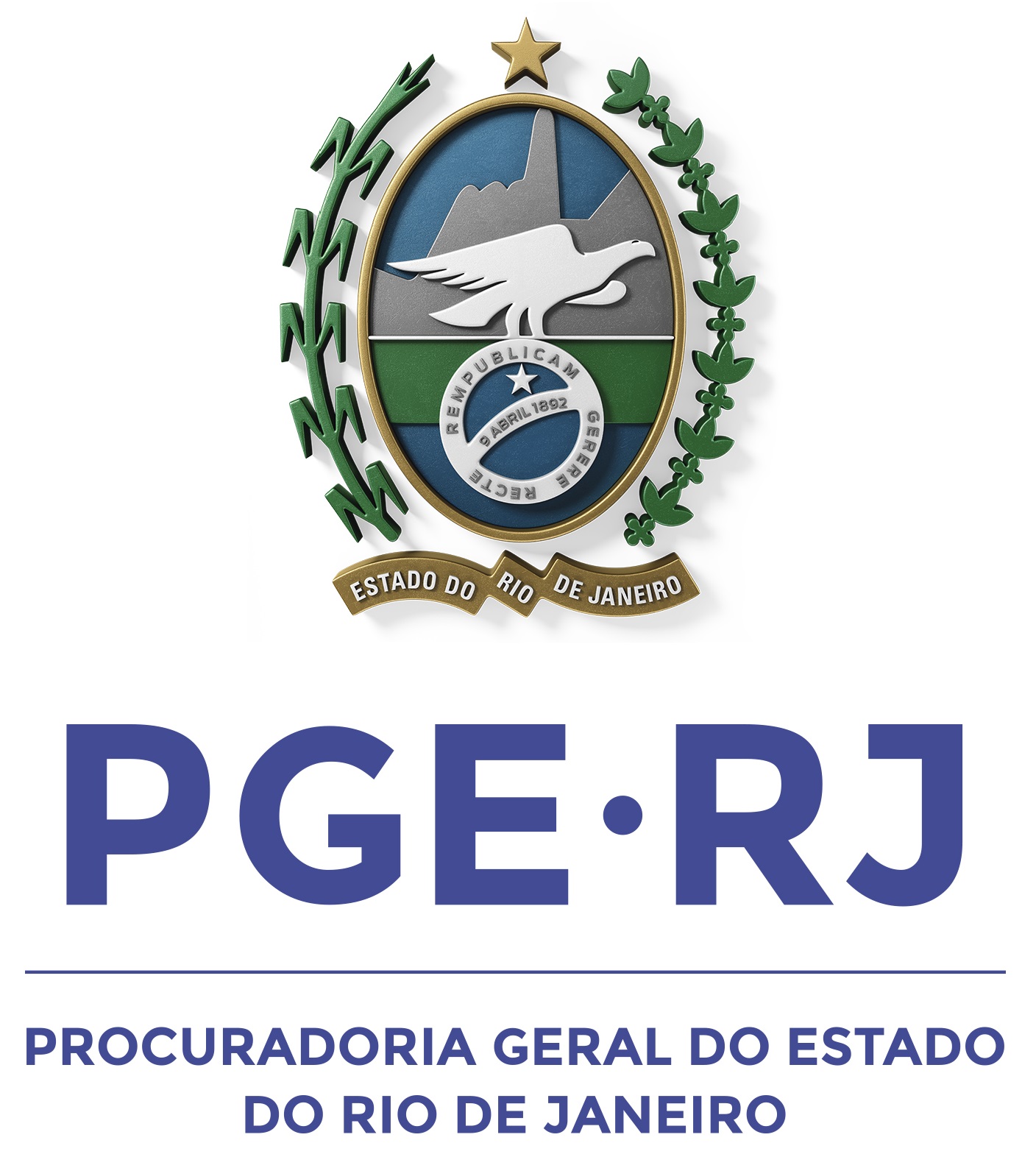Brazil’s (not) dealing to climate emergency
an analysis from the perspective of the mitigation and adaptation paradigms.
DOI:
https://doi.org/10.46818/pge.v5i3.315Keywords:
Climate change, climate emergency, mitigation, adaptation, BrazilAbstract
The work seeks to analyze how Brazil is dealing with the effects of climate change, considering the paradigms of mitigation and adaptation. The first section addresses how the country historically relates to the theme, determining its role in the environmental agenda on the world stage, considering its role as the host of the United Nations Framework Convention on Climate Change and its involvement in the Protocol Kyoto and the Paris Agreement. The second section discusses the planning and implementation of climate change mitigation initiatives adopted by Brazil in the last decades. The third section deals with adaptation measures, focusing on the problem of natural disasters. At the end, considerations are made on the scenario for facing the climate emergency in Brazil. It is concluded that Brazil is not effectively confronting climate change, and it is argued the urgent need for the country to plan and carry out actions aimed not only at mitigating climate changes with the reduction of greenhouses gas emissions, but also at the adaptation of its society to the risks of the irreversible effects caused by it, in accordance with the commitments internationally signed. Likewise, it is argued that the Brazilian State should expand its capacity to develop projects financed through the international mechanisms under the United Nations Framework Convention on Climate Change.
Downloads
Downloads
Published
How to Cite
Issue
Section
License
Copyright (c) 2023 Matheus Henrique Junqueira de Moraes

This work is licensed under a Creative Commons Attribution-NonCommercial 4.0 International License.
By submitting a manuscript, authors agree to the terms of the Copyright Notice. They also authorize Revista Eletrônica da PGE-RJ to publish this manuscript under a Creative Commons Attribution-NonCommercial 4.0 International License and recognize it as a vehicle for its original publication.




















